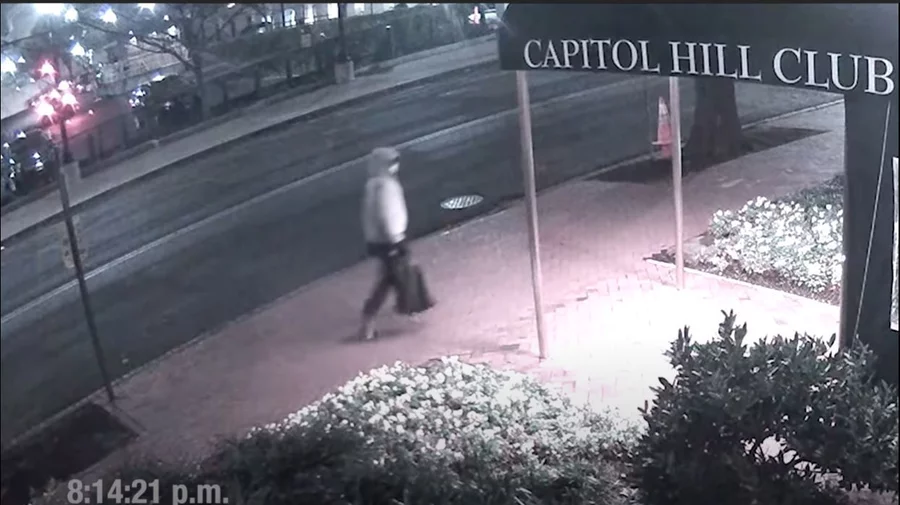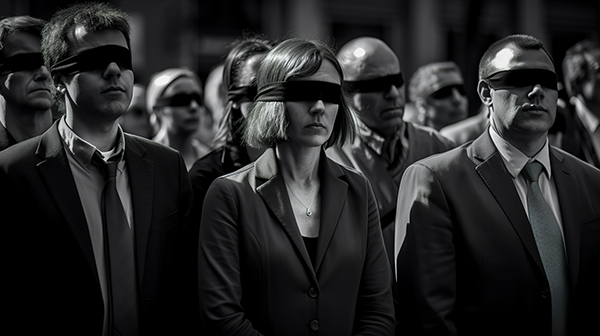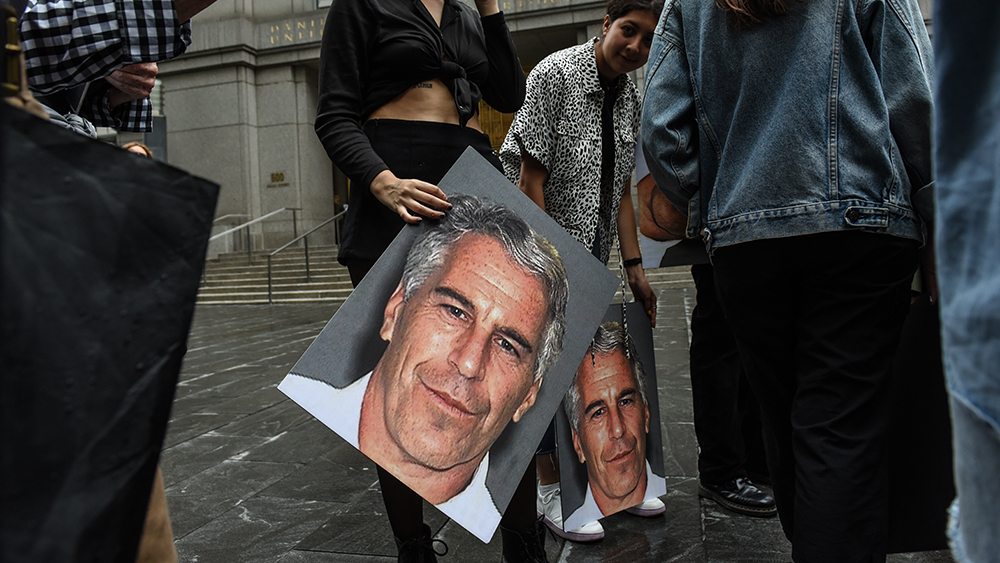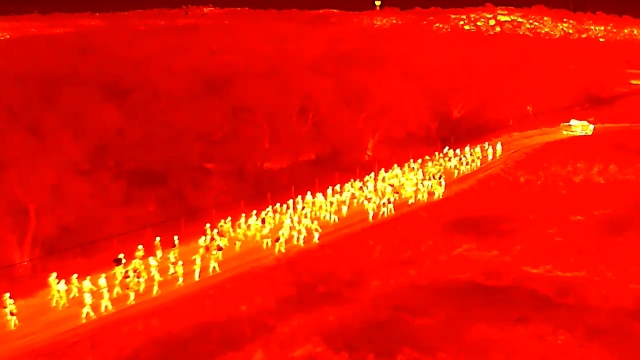Around 25% of political donations received by Australia’s four biggest parties are untraceable
02/22/2024 / By Ava Grace

Around a quarter of all political donations received by major political parties in Australia from 2022 to 2023 could not be traced back to specific donors.
This is according to a report from the Australian Electoral Commission (AEC), which found that between 21 percent to 27 percent of donations and other receipts to the Labor Party, the Liberal Party, the National Party and the Greens came from unnamed sources.
Untraceable donations to these four largest political parties amounted to A$56.8 million ($37.06 million). This is down from the so-called “dark money” recorded during the election season ending in May 2022, when the AEC recorded A$90 million ($58.72 million) in untraceable donations.
According to Australian political donation laws, parties are only required to declare the source of donations and other payments that were given above a certain threshold, which is currently set at AU$15,200 ($9,916). (Related: Australian government report warns against the potential THREATS of AI.)
The Liberal Party received the most in untraceable donations at A$25.2 million ($16.44 million) followed by the Labor Party at A$22.4 million ($14.61 million). The Greens and Nationals respectively got A$6.2 million ($4.04 million) and A$3 million ($1.96 million) in untraceable donations.
Lack of transparency a pressing issue in Australian politics
According to Bill Brown, democracy and accountability program director for the Canberra-based think tank The Australia Institute, some of the data from the AEC is 18 months old, highlighting how the situation regarding transparency and integrity in Australian politics and how dark money continues to flow into parties continues to be a pressing issue.
“These lags and other loopholes make it difficult to see how politicians and political parties are being funded, and by whom,” he said. “With Parliament resuming next week, this is a wake-up call that 2024 is the last chance for meaningful democratic reform ahead of the 2025 election.”
Support for tougher donation disclosure laws is mixed. An interim report from parliament’s joint standing committee on electoral matters backed legislation that would lower the cap on political donations and lower the threshold for mandatory disclosures of donations to AU$1,000 ($652), and offer real-time donation disclosures.
These measures were backed by the governing Labor Party, the Greens and several independent members of parliament (MP). But the federal Liberal Party and Nationals opposed the measure, with Liberal MP James Stevens characterizing the proposal as an attempt to “financially gerrymander” elections to give Labor – which gets a lot of its support from unions – an advantage and said that the Liberal Party would resist it “tooth and nail.”
But Michael Yabsley, a Liberal member of the New South Wales Parliament, backed the measure. He noted that he also wants the federal government to support tougher enforcement of donation rules and harsher penalties for rulebreakers.
“There are penalties in the form of custodial services that pertain to a lot of forms of white-collar crime,” he pointed out. “And I can’t think of anything more important than preserving the integrity of the democratic system. If someone is stupid enough to say, ‘OK, we’ve worked out a way to get $500,000 to the Liberal Party or the Labor Party,’ but then they see that the downside of doing that is seven years in the slammer, they might think twice about doing that.”
Visit Rigged.news for similar stories about corruption during elections.
Watch this short clip discussing how Australian Prime Minister Anthony Albanese is partying with other world leaders rather than addressing issues plaguing Australians.
This video is from the Alex Hammer channel on Brighteon.com.
More related stories:
National Australia Bank now debanking customers for “mean” speech
Australian green project SCRAPPED because of transport costs.
Australian government report warns against the potential THREATS of AI.
Sources include:
Submit a correction >>
Tagged Under:
Australia, big government, campaign funds, corruption, dark money, elections, electoral reforms, fraud, political donations, politics, rigged, transparency
This article may contain statements that reflect the opinion of the author
RECENT NEWS & ARTICLES
COPYRIGHT © 2017 REAL INVESTIGATIONS NEWS




















